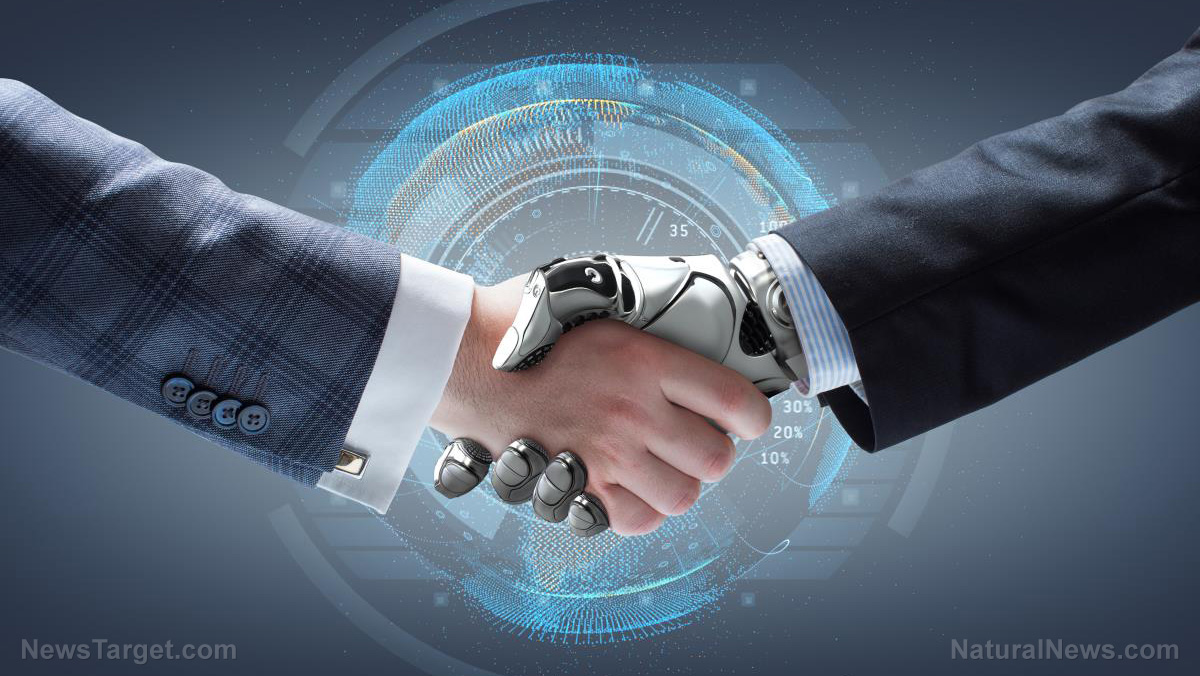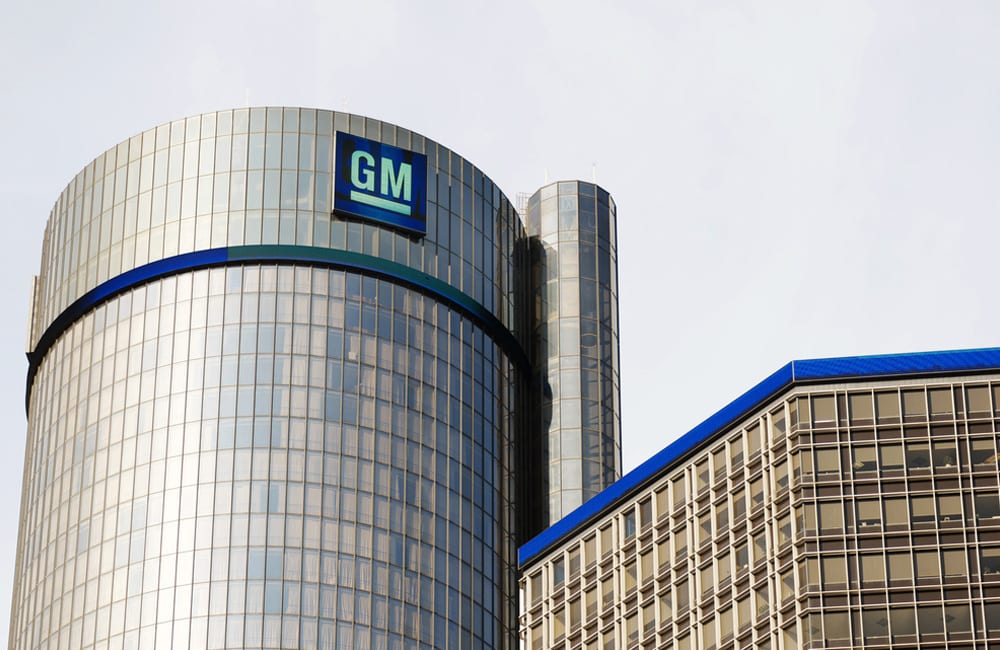Generative AI could replace up to 300 million mostly white-collar jobs worldwide
03/31/2023 / By Arsenio Toledo

A report from investment bank Goldman Sachs warned that the proliferation of artificial intelligence technology could replace the equivalent of 300 million full-time jobs around the world.
Specifically, Goldman Sachs warned about generative AI, which can create content indistinguishable from human work. The expansion of generative AI systems is poised to significantly disrupt the job market. (Related: AI chatbot GPT-4 TRICKED a person into solving captcha by pretending to be human.)
“Despite significant uncertainty around the potential of generative AI, its ability to generate content that is indistinguishable from human-created output and to break down communication barriers between humans and machines reflects a major advancement with potentially large macroeconomic effects,” the report stated.
The report noted that about two-thirds of jobs in the United States and Europe “are exposed to some degree of AI automation,” and AI systems could potentially replace up to a quarter of current jobs in the U.S. and Europe.
Goldman Sachs’ report pointed out that AI’s impact will vary depending on the sector of the job market. But white-collar workers could be the first to be replaced as up to 18 percent of all work is at risk of becoming computerized.
According to the report, workers in administrative tasks and in legal professions are most vulnerable, with 46 percent and 44 percent at risk of being automated, respectively.
The report noted that the AI boom will have “little effect” on jobs that require manual labor and outdoor tasks. Only six percent of construction jobs and four percent of maintenance jobs are expected to be replaced by AI systems.
Similar findings in Europe show that 45 percent of “clerical support roles” will be most affected by AI automation, while just four percent of workers in the crafts and related trades sector are vulnerable.
Outside of Europe and the U.S., highly developed economies like Israel, Japan and Sweden are most at risk of being impacted by automation, with around 25 to nearly 30 percent of jobs in these countries being exposed. Meanwhile, countries like China, India and Vietnam with more manufacturing and blue-collar-heavy workforces are among the least likely to be negatively impacted.
Many businesses may switch to AI due to savings, productivity boom
The report also warned that many businesses would be enticed into replacing their employees with AI systems due to the possibility of a boom in productivity, among other factors.
“The combination of significant labor cost savings, new job creation and higher productivity for non-displaced workers raises the possibility of a productivity boom that raises economic growth substantially, although the timing of such a boom is hard to predict,” read the report.
The report authors noted that the expanded use of generative AI could raise annual American labor productivity growth by a little under 1.5 percent over 10 years, given broad adoption. The boost to global labor productivity could increase annual global GDP by seven percent, which Goldman Sachs claimed “highlights the enormous potential of generative AI if it delivers on its promise.”
Carl Benedikt Frey, a director at Oxford University’s Oxford Martin School, warned that the expansion of generative AI could also drive down wages due to people being forced to compete with AI.
“The only thing I am sure of is that there is no way of knowing how many jobs will be replaced by generative AI. What ChatGPT does, for example, is allow more people with average writing skills to produce essays and articles,” wrote Frey. “Journalists will therefore face more competition, which would drive down wages, unless we see a very significant increase in the demand for such work.”
As another example, Frey pointed to how the introduction of GPS technology and rideshare companies like Uber devalued the importance of “knowing all the streets in London.”
“And so, incumbent drivers experienced larger wage cuts in response, by around 10 percent, according to our research,” said Frey. “The result was lower wages.”
“Over the next few years, generative AI is likely to have similar effects on a broader set of creative tasks.”
Learn more about the proliferation of AI at Robotics.news.
Watch this episode of the “Health Ranger Report” as Mike Adams, the Health Ranger, discusses how the plan to replace human labor with AI systems comes from the globalists.
This video is from the Health Ranger Report channel on Brighteon.com.
More related stories:
Ex-Google engineer warns Microsoft’s AI-powered Bing chatbot could be sentient.
Microsoft’s AI chatbot goes haywire – gets depressed, threatens to sue and harm detractors.
Voice actors are losing their jobs to AI robots – is your job next?
Rise of the machines: Expert warns AI will take over 20% of all jobs within 5 YEARS.
Globalists following planetary script to REPLACE HUMANS with AI systems … you are now obsolete.
Sources include:
Submit a correction >>
Tagged Under:
AI, artificial intelligence, blue-collar jobs, bubble, Collapse, computing, economic collapse, economic riot, economics, economy, future science, future tech, generative AI, Glitch, information technology, jobs, robotics, robots, unemployment, white-collar jobs
This article may contain statements that reflect the opinion of the author
RECENT NEWS & ARTICLES
COPYRIGHT © 2017 ROBOTS NEWS

















